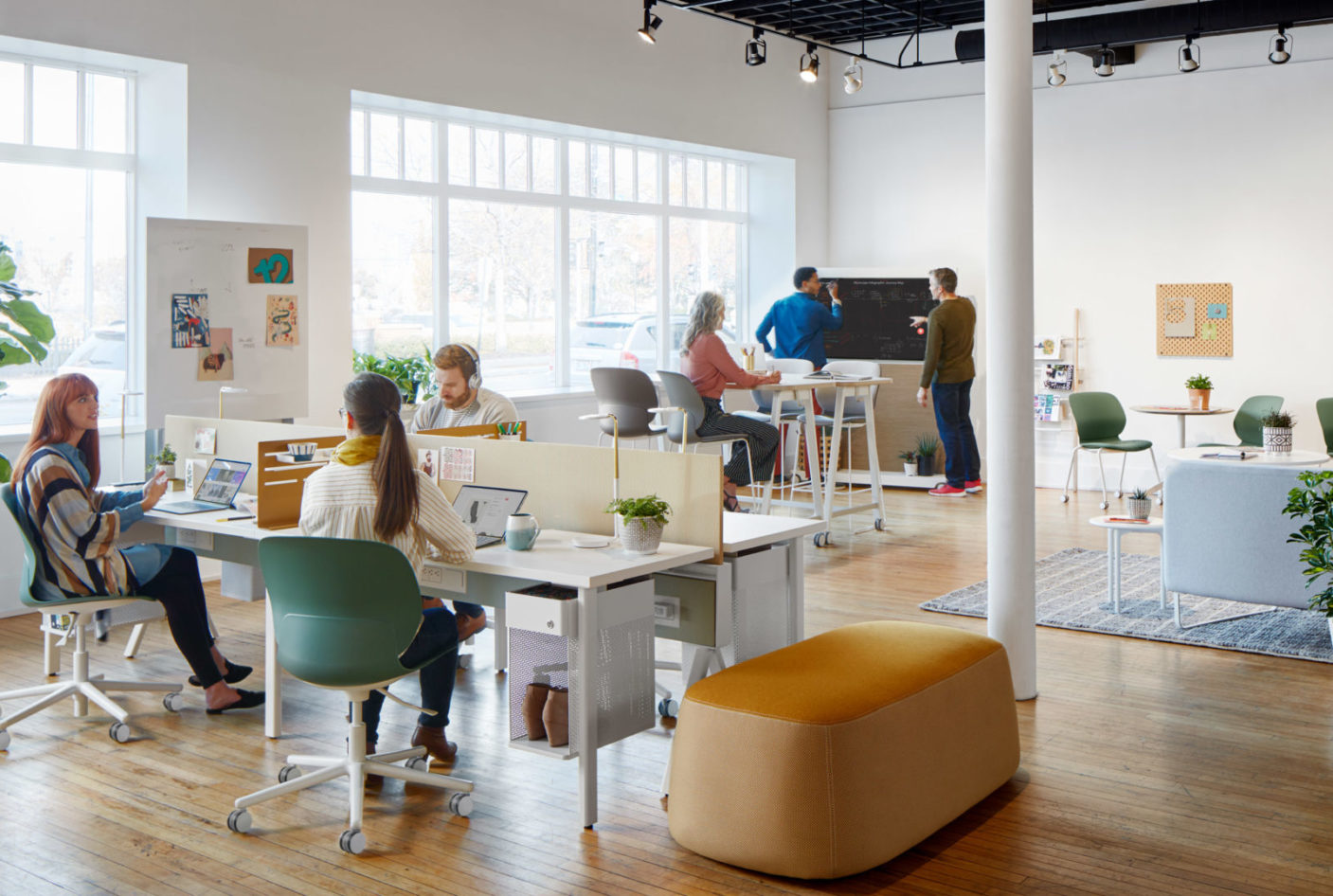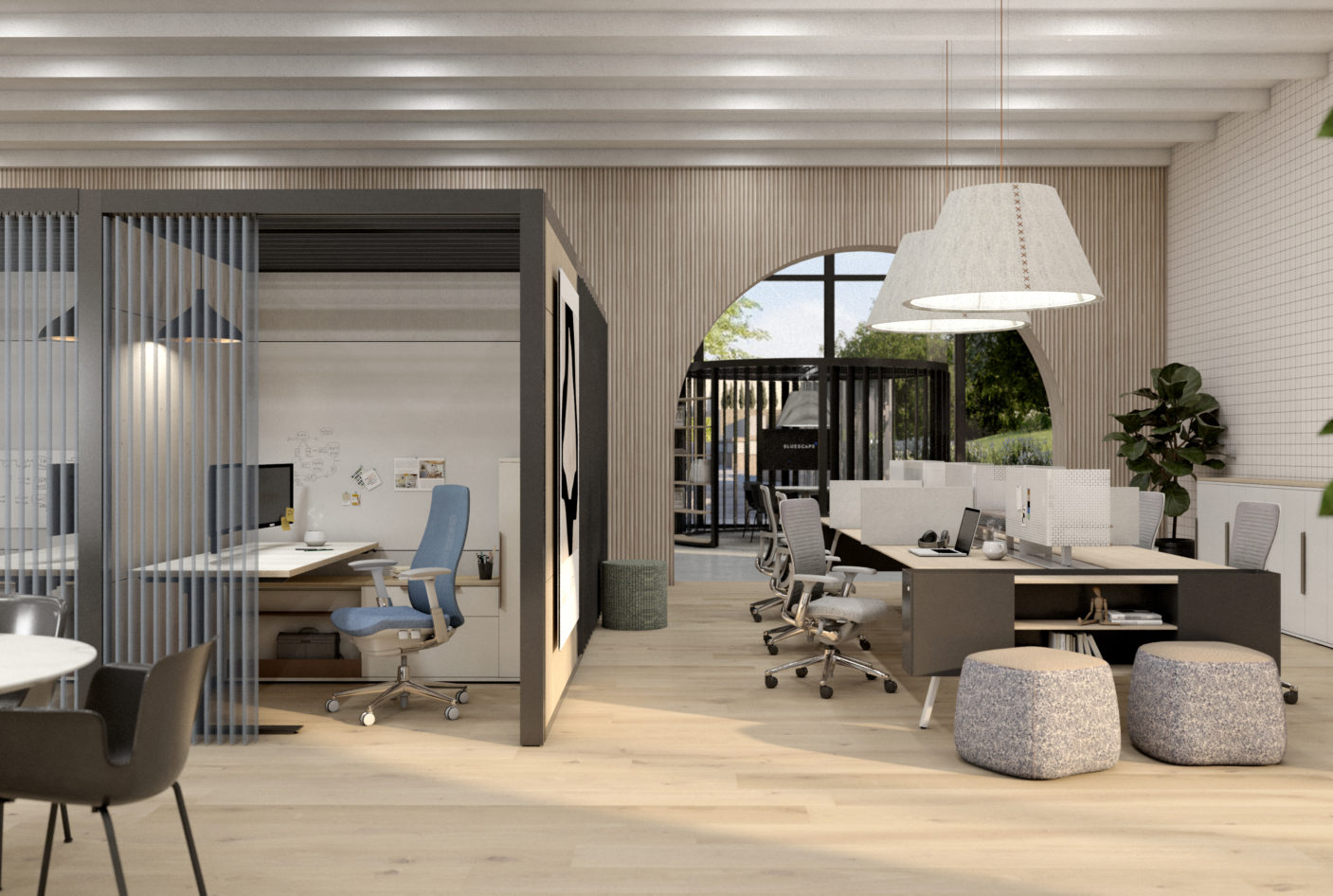
When work from home became mandatory, the experience created unusual living conditions and generated a compulsory connection between work and home. But is remote work truly more efficient and productive? Νot only are there disadvantages to working or meeting remotely, but also there are significant psychological advantages when working in the office. While technology makes remote work more and more feasible, companies are realizing that keeping employees on site is more effective.

Team Productivity & Communication
The essence of a successful organization is about people working together: collaborating, coordinating, innovating and making choices. Maintaining a solid team and an active communication among its members is critically important, although it is exceedingly difficult when employees are spread out between different work locations. However, there are several ways to successfully solve these issues thanks to the available technological tools and digital platforms. Yet, they can influence the speed and the results of the work.
Working together provides the possibility of collaborative brainstorming and casual conversations that lead to problem-solving or creating new connections between team members or other community members in a shared workspace. Workspace layouts that facilitate the flow of communication eventually allow teams to work faster, happier and smarter.

Organization Culture
People often choose to work for a company not just for the role, but for the overall values and work environment. On site employees tend to develop a better understanding of their roles in their organizations and how they fit in them compared to the ones who work remotely. Moreover, they more completely and deeply understand the culture and the identity of the organization.
As the values and the culture of a company are transmitted in the workplace, the office remains essential for building an organizational culture. A physical office space is necessary for collaboration, creation, inspiration and social interaction. Well-designed workplaces allow information and ideas’ exchange, foster hospitality and support employee self-expression. Meeting and interacting at a workplace which provides a sense of comfort and protection while supporting health and well-being, helps to create connections, nurture a sense of belonging and enhance the overall organizational culture.

Rethinking the Role of Space
Work from home, return to the office, or work from a third place? The type of work and the conditions of the aforementioned options may indicate the most effective solution. Remote work might be more beneficial in cases of individual work, personal performance that require concentration, such as customer and complaint management or texting. But when it comes to professions based on collaborative productivity, direct communication and teamwork, then physical presence is necessary for smooth processing the tasks.
The key is in finding the balance between virtual and in-person interaction, supporting well-being, culture and flexibility and promoting teamwork and collaboration, so that people perform their best. The mandatory experiment of remote working has proven that returning at the office is a deliberate choice and has contributed positively to understanding the real reasons for which employees choose to work at the office whenever they have the opportunity to do so.
Photographic material: Forma 5, Haworth, BuzziSpace